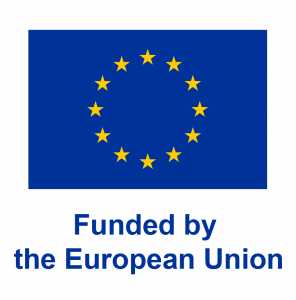The Centre for Advanced Materials and Technologies (CEZAMAT) at the Warsaw University of Technology (WUT) is a leading research and development hub driving innovation at the crossroads of modern materials and cutting-edge technologies. Involved in interdisciplinary research, CEZAMAT undertakes groundbreaking projects that push the boundaries of science and technology. Equipped with state-of-the-art infrastructure and integrated research programs, the centre fosters collaboration on R&D initiatives, from concept to real-world application. A core mission of CEZAMAT WUT is to accelerate the transfer of advanced technologies and bring innovative ideas to market. By acting as a bridge between academic research, industry, and the region, it plays a vital role in stimulating the growth of the Mazovian region and beyond. CEZAMAT WUT is also at the forefront of biomedical research, with a focus on innovative solutions in biomaterials and tissue engineering. Key areas of exploration include the development of tissue scaffolds, biocompatible and hemocompatible surfaces, and advanced structures created from functional polymers, natural polymers, and composites.


Warsaw University of Technology
The Centre for Advanced Materials and Technologies – CEZAMAT
TEAM
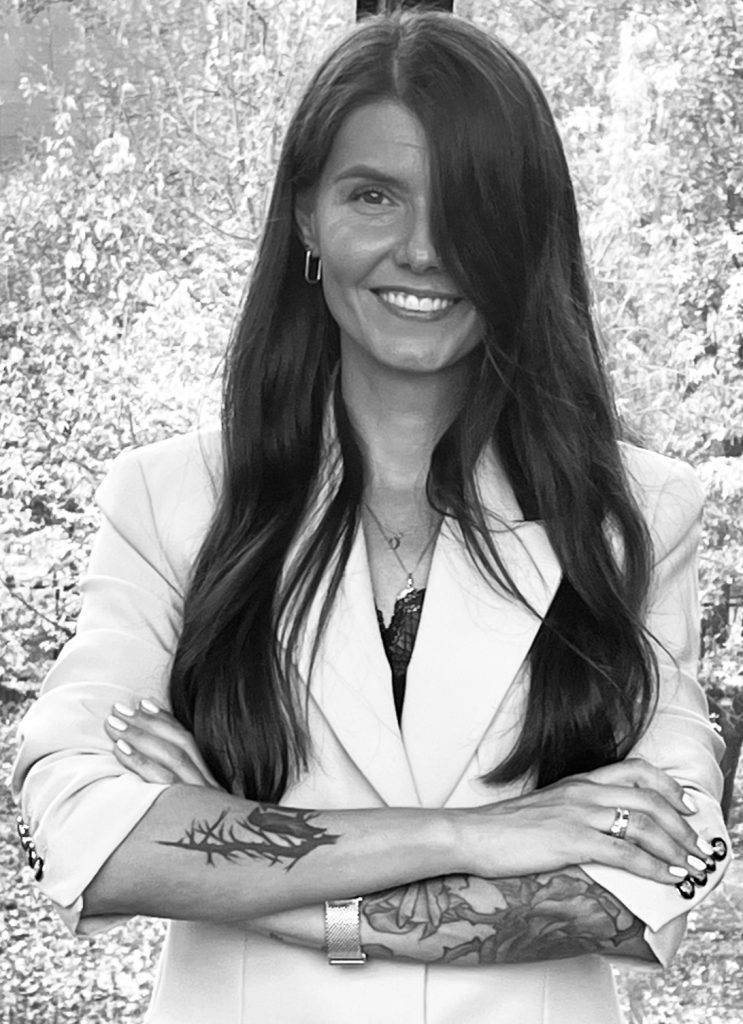
Dr. Ewa Kijeńska-Gawrońska
Project Manager and WP1 and 7 leader
Dr. Ewa Kijeńska-Gawrońska is the head of the Laboratory of Biomaterials and Tissue Engineering within the Department of Medical Biotechnology. Her research focuses on the development of active materials for functional patches and tissue engineering scaffolds, utilizing electrospinning technology and hydrogel processing. She has participated in 10 international bilateral and multilateral projects on tissue engineering and regenerative medicine, including serving as the Principal Investigator (PI) for the Polish-Turkish project “CorPatch,” which focused on developing hybrid hydrogel-fiber patches for the treatment of corneal ulcers. Additionally, she was part of the core R&D team for a project funded by The National Centre for Research and Development (NCRD Fast Track – Coronavirus 5 / 1.1.1 / 2020).
She played an active role in the establishment and implementation of COST Action MP1206 and has co-authored over 50 peer-reviewed publications. Beyond her research, she is involved in the activities of the student research club “Biomaterials” within the Faculty of Materials Science and Engineering at WUT. In 2021, she received the individual 1st-degree WUT Rector’s Award, and in 2023, she was recognized as one of the 21 best young scientists at WUT during the inaugural “Best of Best PW” competition.
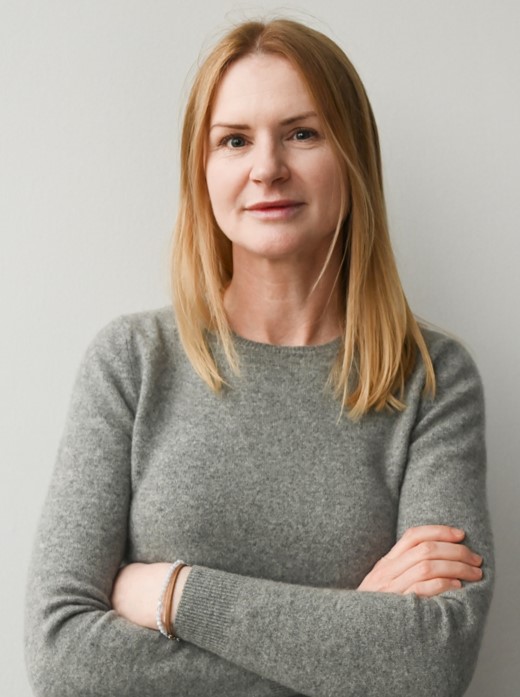
Prof. Monika Staniszewska
WP5 leader
Prof. Monika Staniszewska is the head of the Department of Microbiology, Molecular Genetics, and Genomics. She holds a PhD in medical biology and is a laboratory diagnostician with a 1st-degree specialization in clinical microbiology. She brings extensive experience in molecular genetics, immunology, and immuno-virotherapy, along with expertise in preclinical studies. She has completed internships at the Medical University of Tübingen (Germany) and the University of Guanajuato (Mexico). She has been a long-term member of a multidisciplinary team of scientists collaborating with the Institute of Organic Chemistry PAS, the Institute of Hematology and Transfusion Medicine, and various medical universities in Tübingen, Vienna, Graz, as well as universities in Padua and Guanajuato, Mexico. She is also a member of the Polish Society of Microbiologists and has served as the principal investigator and supervisor for grants funded by the Ministry of Science and Higher Education and the National Science Center. She has led projects such as SONATA and OPUS NCN and coordinated tasks for a project funded by The National Centre for Research and Development (NCRD Fast Track – Coronavirus 5 / 1.1.1 / 2020). Currently, she is the principal investigator of three WUT-funded projects (2020–2024) and coordinates tasks in three additional WUT projects.
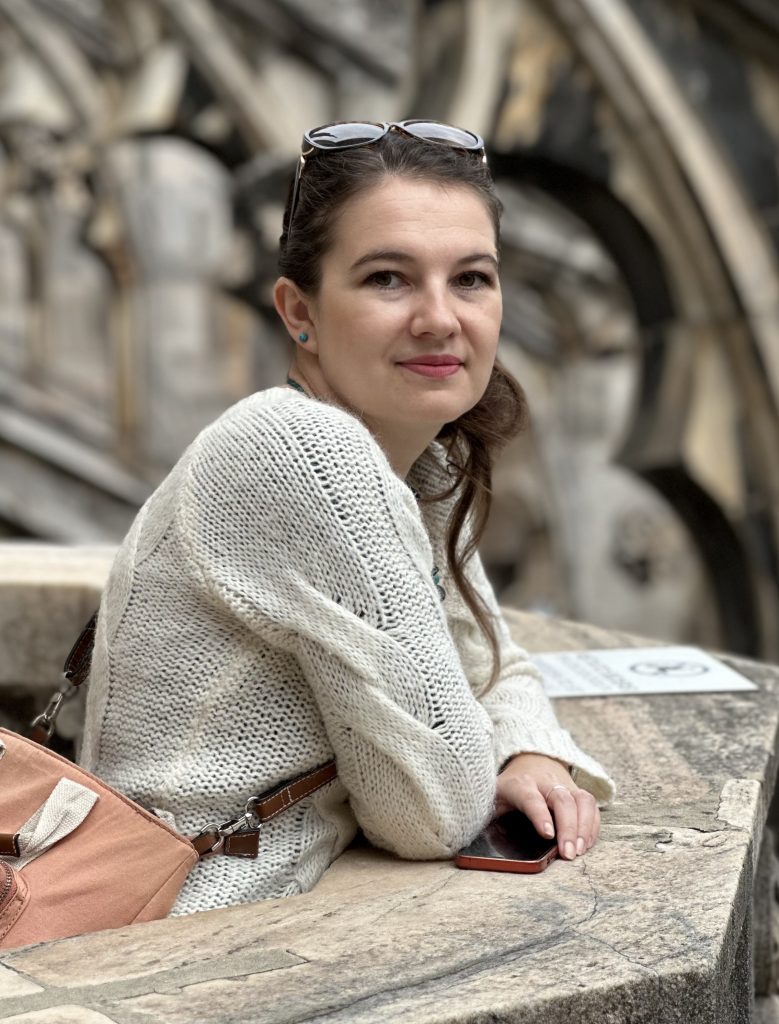
Dr. Iga Wasiak-Wojasińska
International projects coordination officer
Doctor of Technical Sciences in Chemical and Process Engineering (Warsaw University of Technology) Master of Science in biotechnology specialization in industrial biotechnology (Faculty of Chemistry, Warsaw University of Technology). She also completed studies in the field of quality management in industrial processes (Warsaw Management University). She is the author and co-author of 14 scientific publications and 2 international patents in nanotechnology. She co-founded a biotechnology start-up, in which she developed patented nanotechnological products and served as a board member. Dr. Wasiak-Wojasińska has over 15 years of experience in scientific and research work at the university and in the biotechnology sector companies. She gained experience in project management thanks to the implementation and management of projects financed, among others, by NCBR. For her research and innovative technologies, she won the 1st prize for the “Innovative Young Scientist” of the 9th edition of the “Innowator Mazowsza”; contest and a distinction in the Science and Business category of the 9th edition of the Bizneswoman Roku contest by Fundacja Sukces Pisany Szminką.

Bioprex Medical
Bioprex Medical is a biotechnology startup that develops antibacterial coatings for indwelling medical devices. Bacterial infections are the main risk when using medical devices and implants. Their aim is to reduce these infections associated with the use of medical devices. Bioprex is a spin-out from the University of Groningen, The Netherlands. Their coating features immobilized quaternary ammonium moieties that kill bacteria on contact, effectively preventing biofilm formation from the outset. They are currently in the pre-clinical development stage.
The Biorex team has vast experience in developing healthcare concepts, valorisation of academic research, and polymer chemistry. Bioprex Medical collaborates closely with several universities and university medical centers, amongst which the UHREG. In addition to their academic network, they are supported by an experienced team of advisors, ranging from medical microbiologists to experts in the field of mergers and acquisitions, and commercial development.
TEAM

Jurr van Ramshorst (MSc)
Chief Operating Officer at Bioprex Medical
Jurr holds a joint master’s degree in Chemistry from the University of Amsterdam and Vrije Universiteit Amsterdam with a specialization in ‘Science, Business, and Innovation’. Jurr has has 5 years of experience as a grant & subsidy consultant and over 6 years of experience in business development within the life sciences. In 2020 Jurr joined Bioprex Medical as Chief Operating officer. In this role he runs the daily operation, manages internal and external projects, and focusses on business development.
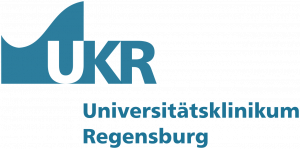
The Laboratory of Experimental Trauma Surgery (research) within the Department of Trauma Surgery (clinic)
University Hospital Regensburg
The Laboratory of Experimental Trauma Surgery (research) within the Department of Trauma Surgery (clinic) of the University Hospital Regensburg, Germany (UHREG) conducts both basic and clinical research, with a focus on implant-associated infections in bone and regenerative medicine for cartilage and meniscus regeneration. The team has been involved in various preclinical and clinical trials for treating infections using specific (novel) antimicrobial therapies, such as bacteriophages. The lab has a range of in vitro (standard) assays to assess the antimicrobial efficacy and biocompatibility of novel compounds and materials. Moreover, various in vivo implant-related infection models are available. The lab is located at the BioPark Regensburg site that includes research labs from the UHREG, university, OTH, and (start-up) companies, enabling collaborations and access to a variety of facilities.
TEAM
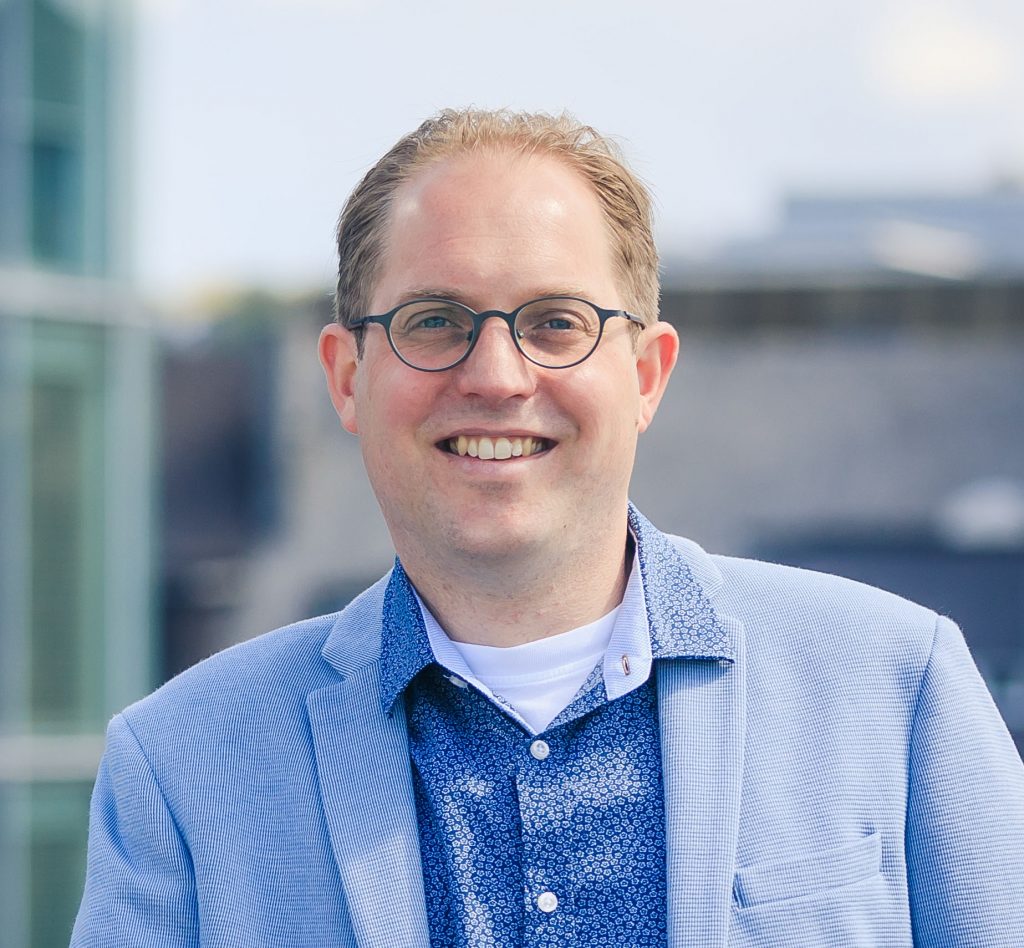
Prof. Dr. Martijn Riool
WP3 leader
Prof. Dr. Martijn Riool is head of the Laboratory for Experimental Trauma Surgery at the University Hospital in Regensburg, Germany, since 2023. His research focusses on preventing and managing implant-related infections, using for instance antimicrobial peptides and bacteriophages. Infections of implants are a major and increasing problem in modern medicine, especially in view of the increase in antibiotic resistance. Bacteria do not only colonize the medical device by biofilm-formation in vivo, but also persist in surrounding tissue, due to disturbed local immunity. Bacteria, biomaterials, and host-responses involved in the pathogenesis are subject of studies, in order to find novel approaches for treatment and prevention. The team in Regensburg has established novel methods to study mechanisms involved in implant infections, including the Galleria mellonella larvae implant-infection model. The laboratory is embedded within the clinic for trauma surgery, ensuring the direct link to clinic. He is also visiting scientist at the Amsterdam University Medical Center, Amsterdam, The Netherlands, where he is currently supervising 2 PhD students in the EU H2020 STIMULUS project on stimuli responsive wound dressings and involved in the Dutch DARTBAC project on antibiotic-free material strategies. He has published over 45 peer-reviewed articles and has been involved in many young scientist initiatives, including international training schools, workshops and young scientist forums.
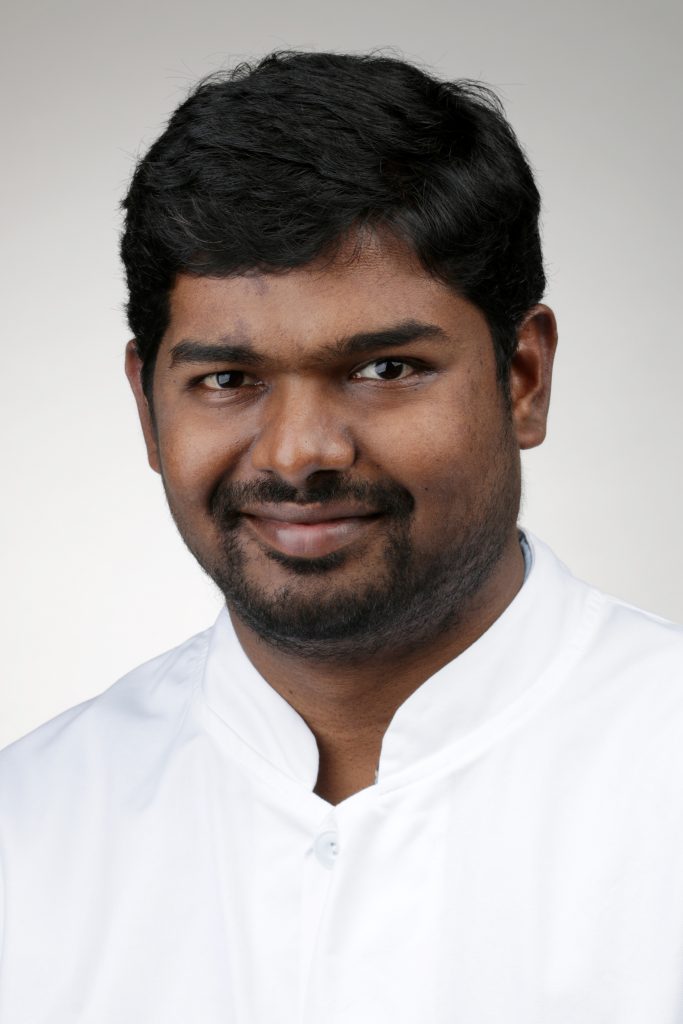
Dr. Gopala Krishna Mannala
WP2 leader
Dr. Gopala Krishna Mannala is a post-doctoral fellow at the Department of Trauma Surgery, University Medical Center Regensburg. He has been involved in the research area of host-pathogen interactions since 2008, developing a vaccine against murine typhoid, and characterizing the gene function in Salmonella Typhimurium. He joined the Laboratory of Medical Microbiology at the Justus Liebig University in Giessen in 2011 to carry out his doctoral studies. He actively participated in several projects that aimed to unravel non-coding RNAs (ncRNAs) mediated regulation in host innate immune response and bacterial pathogenicity during infection using RNA sequencing. He finished his doctoral studies entitled “Dual non-coding RNA profiles of host and bacteria and their role in the regulation of innate immune response during Listeria monocytogenes infection” with magna cum laude in 2016. Later he joined the Department of Trauma Surgery in Regensburg and focussed on correlating the virulence nature of clinical isolates with clinical outcome of the patient, and studying various molecular mechanisms involved in implant infections. Moreover, he established Galleria mellonella larvae as an alternative in vivo model to study implant-associated infections. Currently, he is working on bacteriophages to treat Staphylococcus aureus-mediated implant-associated infections. He is interested in various technologies in the delivery of phages at infection sites (e.g., hydrogels and coatings).
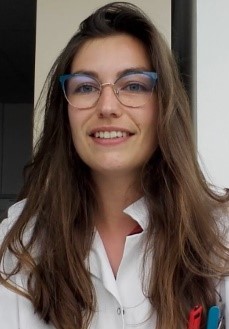
Dr. Raphaëlle Youf
Coordinator training program (part of WP3)
Dr. Raphaëlle Youf has a PhD in life sciences specialized in the field of microbiology (University of Medical Sciences, Brest, France). Her research focused first on the understanding of molecular mechanisms involved in the development of antimicrobial resistance and then on the development of alternative treatments to antibiotics in the context of respiratory diseases. Recently, she joined the team of the Laboratory of Experimental Trauma Surgery (University Medical Center Regensburg, Germany) as a postdoctoral fellow to establish in vivo chronic implant-related infection models. She is co-author of 7 international scientific publications and participated actively in 7 European/international congresses. She contributed to the teaching of theoretical and practical microbiology courses and supervised bachelor and master student internships. She was also involved in the organization of scientific and outreach events (University of Medical Sciences, Brest, France). In addition to her research experience, she also worked as a project manager for the agency of food safety and environment (ANSES, Maisons-Alfort, France) and gained skills for managing proposals.
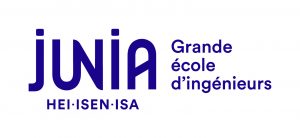
JUNIA
JUNIA, a transitional school, is contributing towards major issues such as helping to feed the planet, developing digital and industrial transformation, accelerating the energy and urban transitions process, and improving technology for health and well-being. This engineering school has 8 preparatory cycles, 3 university programs (HEI, ISA, and ISEN), research activities, and business services. JUNIA has 5,000 students (including 530 apprentices) and 450 employees across 4 campuses: Lille (since 1885), Bordeaux, Châteauroux, and Rabat. Its programs are approved by the French Government, and it has been awarded the EESPIG certification (private higher education institution of general interest). Its degrees are recognized by the CTI (French Commission of Engineering Qualifications). JUNIA is a member of the Catholic University of Lille.
TEAM
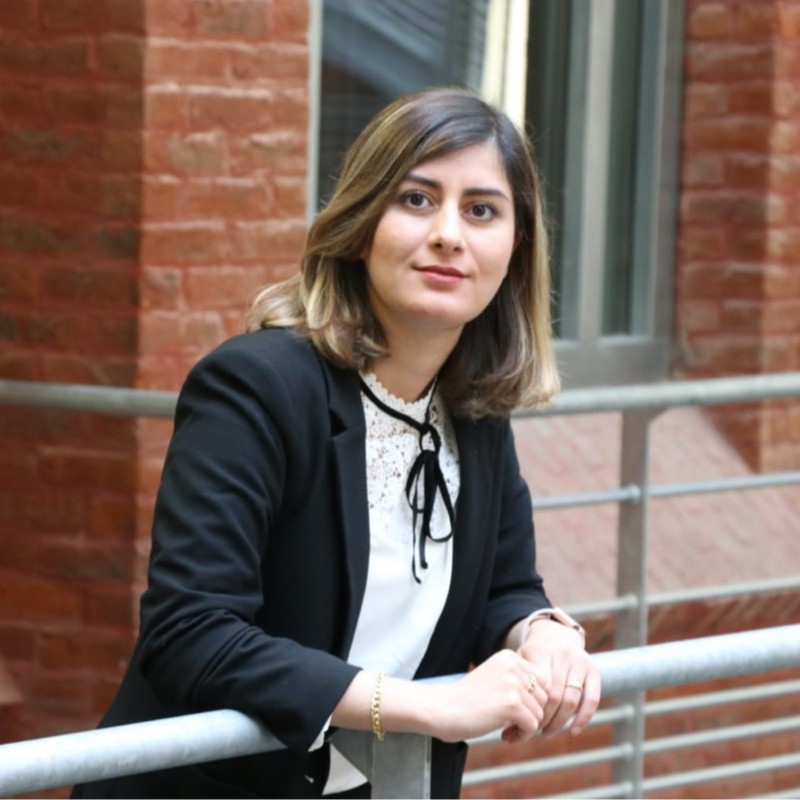
Elham MOHSENZADEH (Ph.D. Eng.)
Associate Professor
Role in the project: Researcher for electrospun membrane development
Elham Mohsenzadeh has been an Associate Professor in the Innovative Textile Materials Group at JUNIA-HEI Graduate School of Engineering in Lille, France, since September 2018. She obtained her Ph.D. in Mechanics and Science of Fibers from Haute Alsace University in Mulhouse, France, in 2018. Her research focuses on electrospinning and nanofibers for applications in composites, tissue engineering, wound dressing, filtration, and sensors. She works on several national and European projects centered on textile functionalization, photonic textiles, textile gas sensors, and facial mask filters using electrospinning techniques. She has participated in six collaborative projects (four European projects and two national projects), serving as the scientific leader for three of these projects. She has supervised two completed Ph.D. theses and is currently supervising two additional Ph.D. candidates. Additionally, she is responsible for the Textile domain at JUNIA. Dr. Mohsenzadeh is the author of 14 publications and two book chapters.
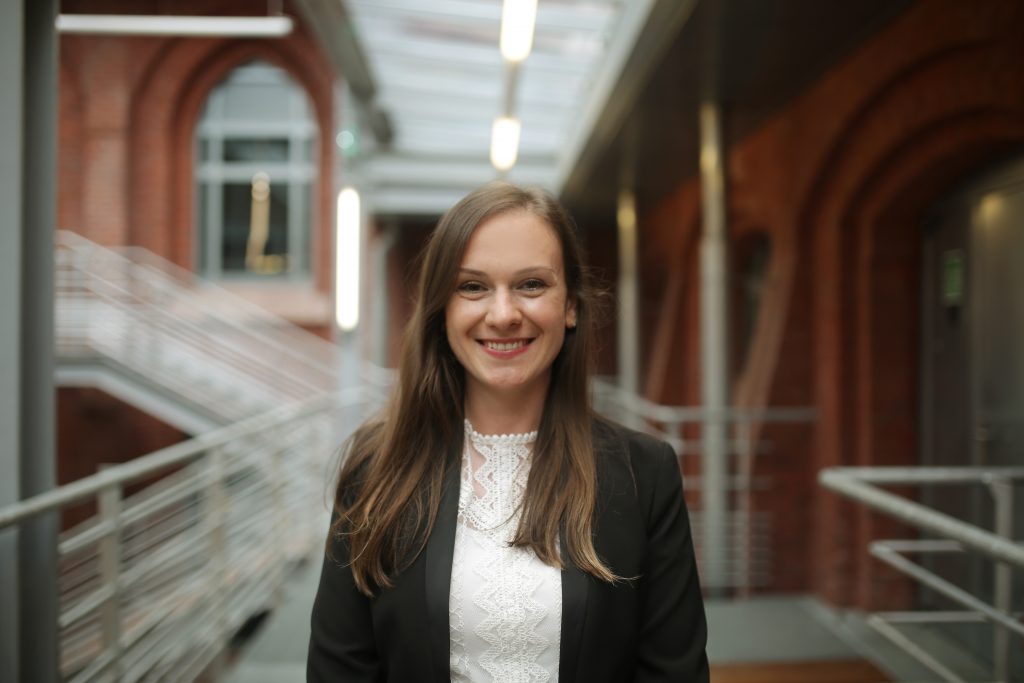
Hayriye GIDIK (Ph.D. HDR)
Associate professor
Role in the project: Researcher for functional textile development
Hayriye GIDIK received her B.S. degree in textile engineering from Ege University (Turkey) in 2010, her M.S. degree from ENSAIT (France) in 2012 and her PhD degree from JUNIA HEI (Lille University, GEMTEX Laboratory) in 2015. She is currently Assistant Professor at JUNIA HEI and member of the GEMTEX Laboratory (France). Her main research interests are functionalized and instrumented textiles for medical and well-being applications. Although she defended her PhD thesis less than 10 years ago (in 2015), she has already worked on 6 collaborative projects (3 European projects and 3 national projects), she has been scientific leader of 2 of these 6 projects, she was supervisor of 3 defended PhD thesis (for 2 of them, she was supervisor and 1 of them, she was director) and she is director of 2 PhD thesis. She is on the board of directors of the GEMTEX laboratory and the association “Association des Chimistes de l’Industrie Textile (ACIT)”. She is the teamleader of “Innovative Textile Materials” team at JUNIA HEI. She is the author of 20 publications and 2 book chapters.
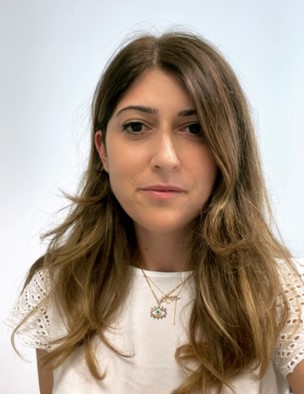
Yesim OGUZ (Ph.D. Eng.)
Associate professor
Role in the project: Research for functional textile development
Associate Professor at Junia HEI, specialized in innovative textile materials, particularly smart textiles, with a PhD in automatics and signal treatment. She received her B.S. degree in textile engineering from Ege University (Turkey) in 2011, her M.S. degree from ENSAIT (France) in 2013 and her PhD degree from Lille University (GEMTEX Laboratory, France) in 2017. At the Gemtex Laboratory and the French Institut of Textile and Clothing (IFTH), she developed advanced smart textile solutions through academic and private sector collaborations and already participated in 2 collaborative European projects. In parallel, she took a role as a referent in a European network (COST Action CA17107) for developing smart textiles in healthcare and medicine. She has published three papers in peer-reviewed scientific journals, presented three papers at international scientific conferences, and contributed two book chapters.

ABO
TEAM
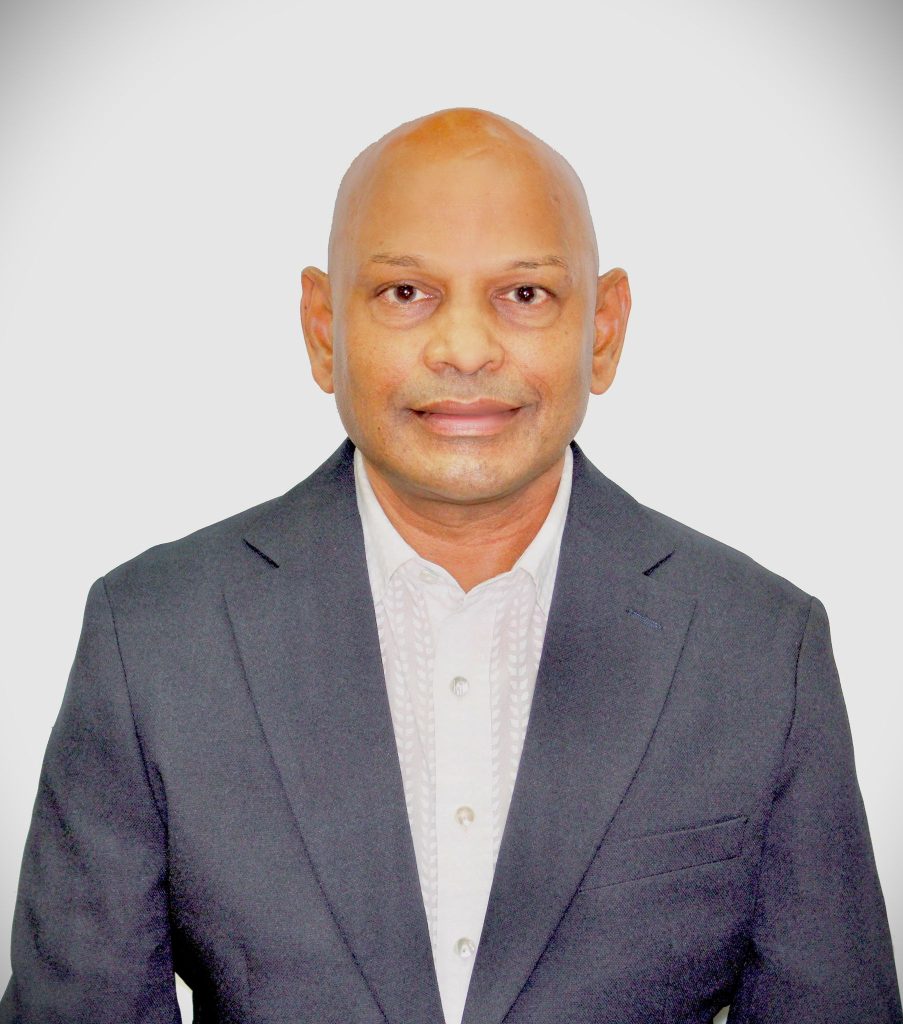
Seeram Ramakrishna is a world-renowned professor at the National University of Singapore (NUS), which is ranked among the top 3 universities in the world for the interdisciplinary science. He is among the World’s Most Influential Minds (Thomson Reuters) and a Highly Cited Researcher with 209 H-Index and 205,000 citations. He received PhD degree from the University of Cambridge, UK, and TGMP from Harvard University, USA. He received advanced research experiences from MIT and Johns Hopkins University, USA and KIT, Japan. He pioneered bioengineering and nanotechnology in Singapore | Asia as the Founding Director of NUS Nanoscience and Nanotechnology Initiative and Founding Director of NUS Bioengineering Initiative. He teaches a highly popular graduate course on biomaterials with more than 230 enrolments. He co-authored books including An Introduction to Biomaterial Science and Engineering; Medical Devices – Regulations, Standards and Practices; Biomaterials – A Nano Approach; and An Introduction to Bio-Composites.
Over the past three decades, he made seminal contributions in understanding and enhancing the biological, chemical, electrical, mechanical, and physical responses of nanofibers made by electrospinning (Nat Rev Methods Primers, https://doi.org/10.1038/s43586-023-00278-z; https://doi.org/10.1142/5894; https://www.elmarco.com/expo/speaker/prof-seeram-ramakrishna). Electrospinning is now a common nanotechnology technique of biomedical researchers and engineers around the world and included in bioengineering textbooks (https://scholargps.com/highly-ranked-scholars?year=2022&ranking_duration=LIFETIME&specialty=Electrospinning&p=1#1). He elucidated the influence of nanofibers on the cells function and behavior, thus contributing to the emerging domains such as regenerative medicine, tissue engineering, drug delivery, and smart | intelligent biomaterials (https://scholargps.com/highly-ranked-scholars?year=2022&ranking_duration=LIFETIME&specialty=Biomaterial&p=2). His research facilitated innovations in small diameter vascular grafts, peripheral nerve regeneration, neural interfaces, skin regeneration, wound dressing, and transparent anti-viral face masks. He further advanced nanofibers for non-invasive healthcare via monitoring of body temperature, movements, heart rate, and sweat and breath biochemistry.
During his fifteen years of academic leadership, he facilitated substantial research and education partnerships between NUS and top universities of USA, UK, Switzerland, India, and China. They serve as role models for international collaborations towards impactful scientific innovations.
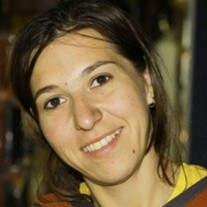
MARTINA MODIC
Doctor Martina Modic is a researcher at the Department for Gaseous Electronics (F6) at ˝Jozef Stefan˝ Institute Ljubljana, Slovenia. She leads a Plasma-Bio group within the department. She graduated from Microbiology at Biotechnical faculty at University of Ljubljana, Slovenia. She finished her PhD in Biotechnology at Biotechnical faculty, University of Ljubljana, Slovenia in 2012. Her research efforts are focused in the use of cold atmospheric pressure plasma technology for different applications in biomedicine, microbiology, biomaterials, agriculture and wastewater management. Her research includes plasma-surface and plasma-liquid interactions and the interaction of plasma species with biological materials. Her biography contains 84 scientific papers in leading international journals.
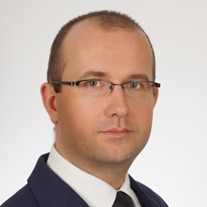
ŁUKASZ MĄKA
Doctor Łukasz Mąka graduated with a Master of Science degree from the Faculty of Biology at the University of Warsaw in 2006. In 2016, he earned a Ph.D. in Medical Sciences, specializing in medical biology. Since 2006, he has accumulated extensive experience in microbiology, working across both public institutions and the food industry. Since 2020, he has been employed at the National Institute of Public Health NIH – National Research Institute, in the Department of Environmental Health and Safety, as a Senior Research and Technical Specialist. To further enhance his expertise, he completed an internship at the University of Mining and Geology “St. Ivan Rilski” in Sofia, Bulgaria, and participated in various training programs, including those at Western University’s Ivey Business School (London, Ontario, Canada), the European Union Reference Laboratory (EURL) for Escherichia coli, specifically Shiga toxin-producing E. coli (STEC) (Rome, Italy),
EURL for Coagulase-Positive Staphylococci, and EURL for Listeria monocytogenes (Maisons-Alfort, France). He has authored over 20 scientific papers and has presented his work at both national and international conferences. Additionally, he has led one national research project and contributed to two national and two international research initiatives. He is an active member of the Polish Society of Microbiologists. His scientific interests primarily lies in environmental microbiology, with a focus on water microbiology, therapeutic waters, therapeutic peats, and the study of bacterial resistance mechanisms to antibiotics and chemotherapeutics.
Contact person
